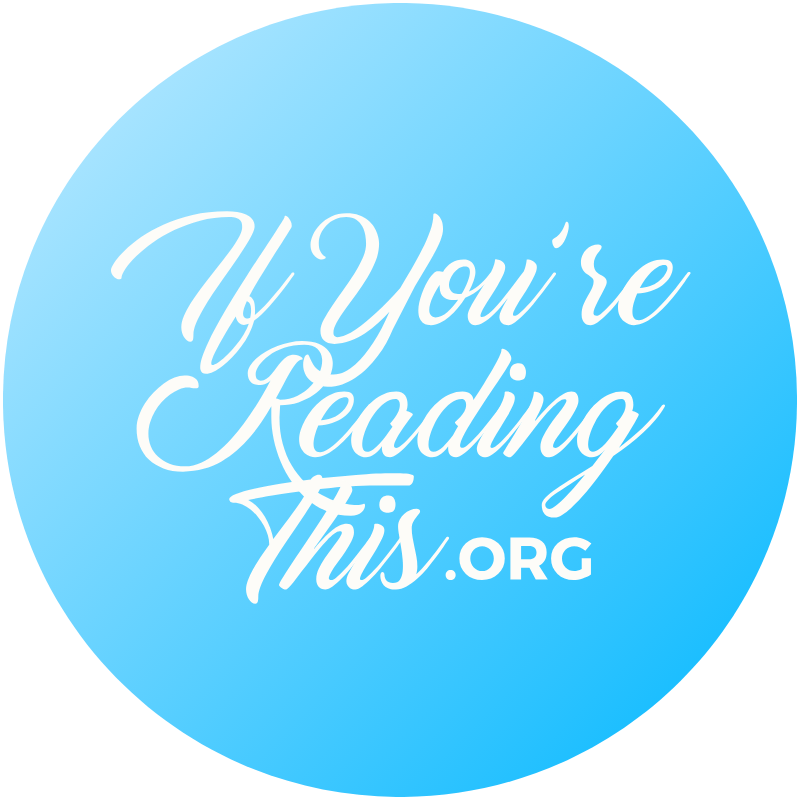Lu N.
Photography by Ally Szabo
If you’re reading this, let yourself live in the in-between.
Sometimes I feel like I’ve lived my whole life in a gray area. I used to let that isolate me.
The town where I grew up, much to the surprise of many, would be called a ‘ghetto’ by the affluent families that send their kids to Villanova. Spanish and Creole would drift their way through the schoolyard, and the faces around me looked like mine – a melting pot of Hispanic and Black kids that I grew up with. When I was 7, I moved to a higher-income town with a better schooling system, one that boasted picket fences and golden doodles – and a 90% white population. I wasn’t old enough to recognize what that meant. But when Show and Tell came around, and we were allowed to bring our family members, my grandmother was mocked in the hallways for her accented English.
I was picked on growing up. Kids used to make fun of the hair on my arms, call me a teacher’s pet in Spanish class, and joke about my skin color a little bit too much. Even people I called friends, and sometimes even teachers, poked fun at me. They threw slurs around that I had to go home and google. I distinctly remember being awarded a grant for writing, and having my success contested by a teacher who didn’t believe a Latina could have written what I wrote. I flipped through my mixed identity looking for a haven – I could sit with the other Chinese kids, but I didn’t speak Mandarin. The other Hispanic kids were light-skinned and monolingual. They learned that for them, pretending to be white was the easier way to get by. I wasn’t Asian enough to fit in with the former, but too Hispanic for the latter. And forget trying to fit in with the white kids, even though my dad is Portuguese. I tried to whitewash myself and ignore my culture for the sake of fitting in, and as a result became disconnected from my family.
This dilemma followed me through high school and college, as I learned more about myself and my identity. It moved from ethnicity to sexuality, religion, gender, ability, and the more I uncovered about myself, the less I felt comfortable in my own skin. I cycled through calling myself bi, pan, gay, and bi again before I figured out that I was wasting so much energy trying to label my sexuality that I was barely actually exploring it. I was brought up non-practicing Catholic, and cycled through sects of spirituality until I figured out how to practice on my own without the support or guidance of a church. My self-expression has changed drastically from hyper-feminine to tomboyish to masculine to doing whatever the morning tells me to do.
I revel in the comfort of an umbrella term – calling myself ambiguous has become a running joke. In reality, not having a word for how I felt, who I loved, who I was, prevented me from finding anyone ‘like’ me. If I can’t fit into a little drawer in the giant filing cabinet that is society, doesn’t that just leave me in another, emptier drawer? Would it be better to be alone and truthful, or in a community where I don’t really belong?
I tricked myself into thinking it would be fun to see how people would perceive me – to let them believe whatever they wanted until they figured out that one word or label wouldn’t cover it. I let them guess at my ethnicity, playing games with their snap judgment of my appearance. I come out and remind and wear name tags until they address me correctly, and still am mistaken for someone I’m not. I’ve learned to let the misconceptions roll off my back – regardless of what people think or say or how they perceive me, I know who I am, and I know I don’t have to justify myself to the people that matter. Nowadays, my good friends learn in a few hours what took me 10 years – they see me based on what I tell them, not what they assume about me.
Living life on a spectrum, never fitting in one place or another, being too much for one group and not enough for another – this was an experience that made me feel the most alone I ever had, and one that hasn’t, and may never, completely go away. But regardless of the labels stuck onto me, I know that there are dozens of people that have grappled with the same thing. I’m not the labels that have been attached to me – I'm just me, as me as I can be, not determined by what others can accept or handle or understand.
Lu N., Villanova University
Connect With Us
To follow IfYoureReadingThis at Villanova on Instagram, get in touch with our chapter, and learn about more resources available to Villanova students, visit our chapter’s homepage.
AUTHOR CONTACT
This author has opted to allow readers who resonate with their story to contact them. If you would like to speak to the author of this letter about their experience, please use the form below.

